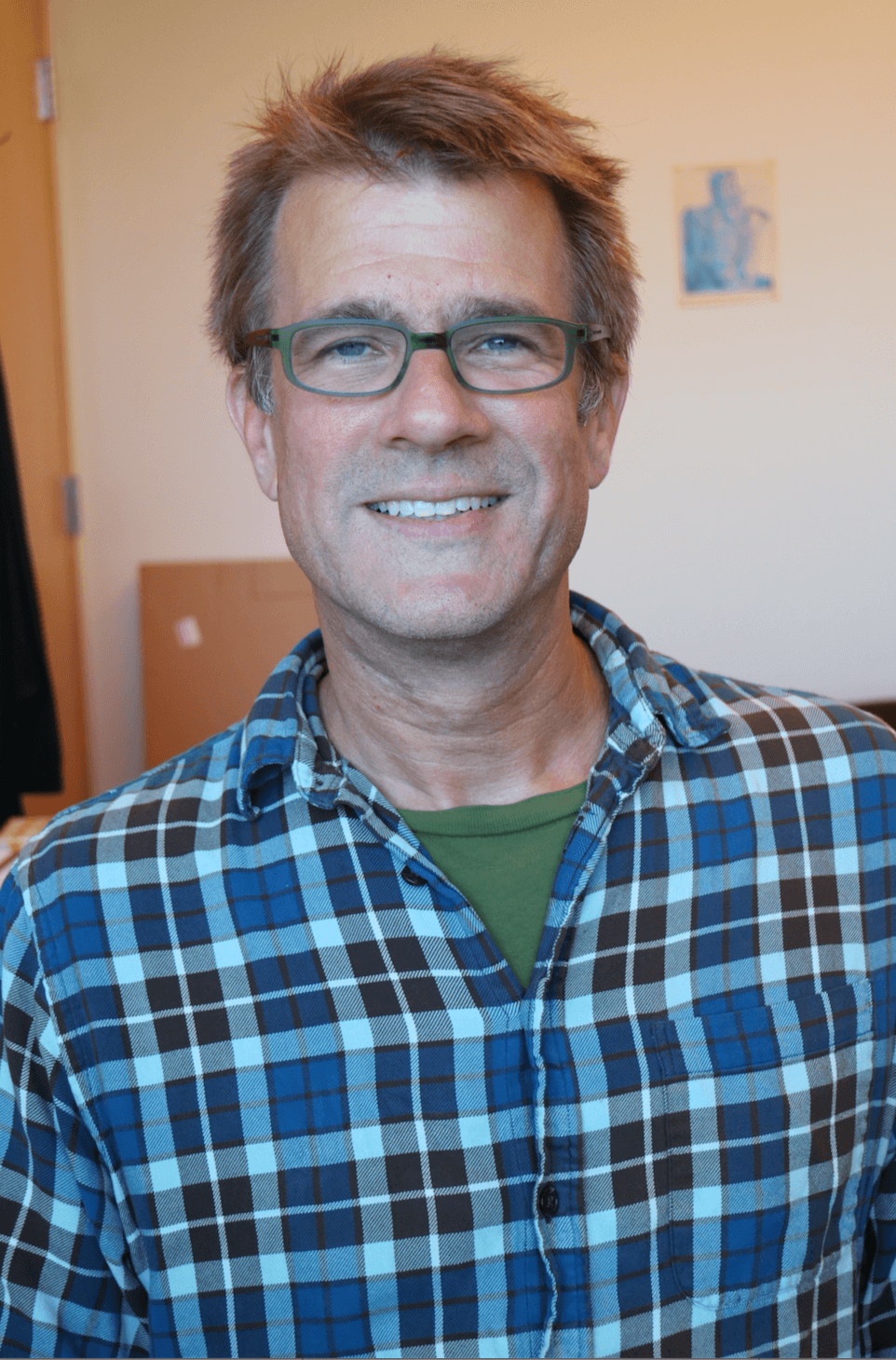
Interview with Jack Taunton by Alexa Rocourt
Q:In a couple sentences, tell me about what you do in your work.
A:I’m a chemical biologist and I develop small molecules to try to understand how cells work to intervene in various disease processes. Broadly speaking, we’re interested in cancer and autoimmune disease.
Q:What’s your favorite part about being a scientist?
A:Two things come to mind: one is interacting and collaborating with my colleagues who are just amazing; the other is the excitement of making new discoveries. There are once-in-a-career discoveries, but then there are also significant enough discoveries to get me excited that occur once a month.
Q:What have you created or discovered that you are most proud of?
A:I’ll tell you a story about a discovery that a student made. Basically, one of my first graduate students, right before he was about to leave, had this idea for a new set of chemical compounds he was going to make. These were very reactive compounds that would form very tight bonds with proteins. I told him that his idea was really not a good idea and that the compounds were going to be so reactive that they were just going to completely decorate all proteins in the cell in a way that was not ideal. Luckily, he disregarded my advice, went to the lab and made the compounds. Together, we made this unanticipated discovery about these compounds, that they were very reactive and they did make covalent bonds with proteins, but as soon as they made these bonds, the bonds would reverse. They belonged to a class of inhibitors that until that time had not been super well described. So, the serendipitous discovery by my student ignoring my advice, a new class of reversible covalent inhibitors, is something I was very excited about and continue to be excited about. One reason, just to bring it back to the real world, is that this class of reversible inhibitors led to starting a company and led to a drug that is now in phase 2 clinical trials. This is a great example of curiosity-driven basic science leading to a discovery that ultimately is translated into the clinic.
Q:At the end of the day, why does your work matter?
A:I think the most important thing is mentoring students and postdocs in how to do creative science. At the end of the day, what we have are very well trained and ideally creative scientists.
Q:Outside of work, what do you do to relax?
A:I listen to and play music (play guitar and listen to all types). I’m extremely eclectic in my taste of music, so anywhere from late Beethoven string quartets to avant garde noise music.
Q:What situation do you think you’d feel the most out-of-place in?
A:Perhaps trying to justify the science that I do in front of a congressional committee.
Q:In 100 years, what do you want to be remembered for?
A:I don’t think about being remembered for anything.
Q:What would you like to accomplish while you’re here?
A:I guess a long-term goal is to bring the tools of chemical biology to as many aspects of cell biology and medicine as possible.